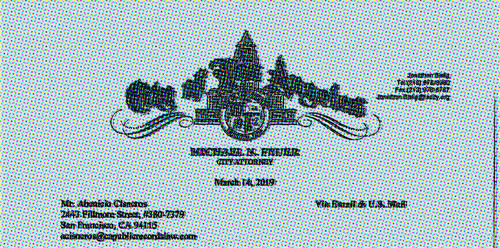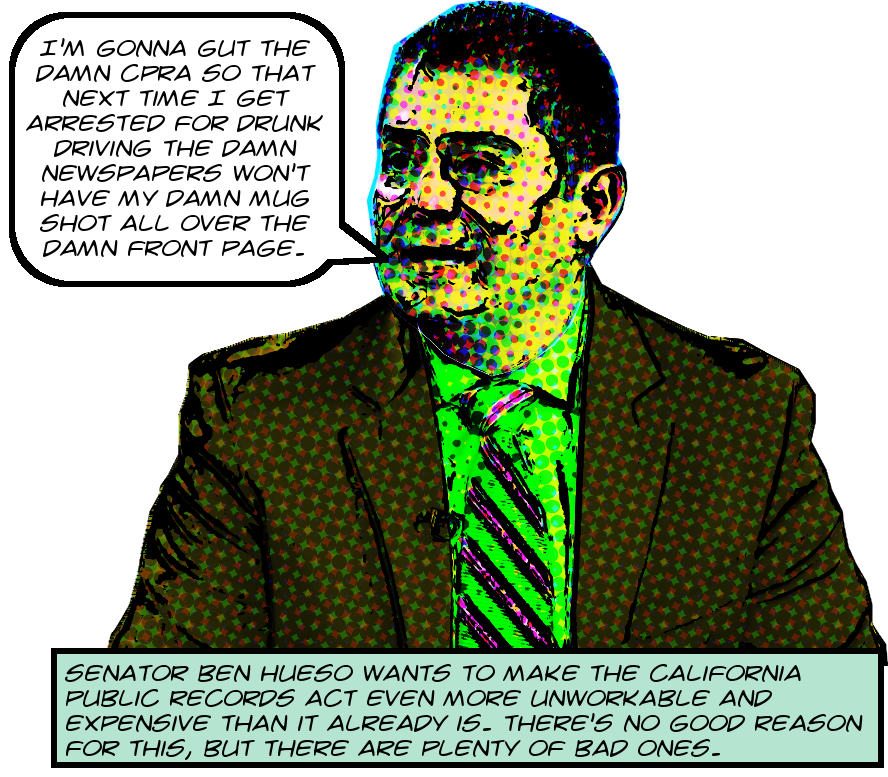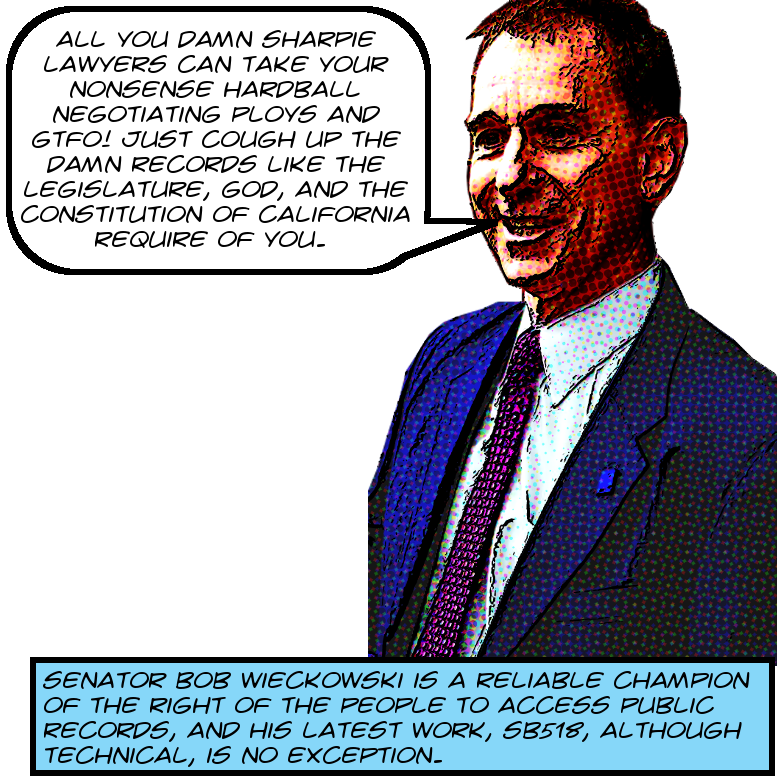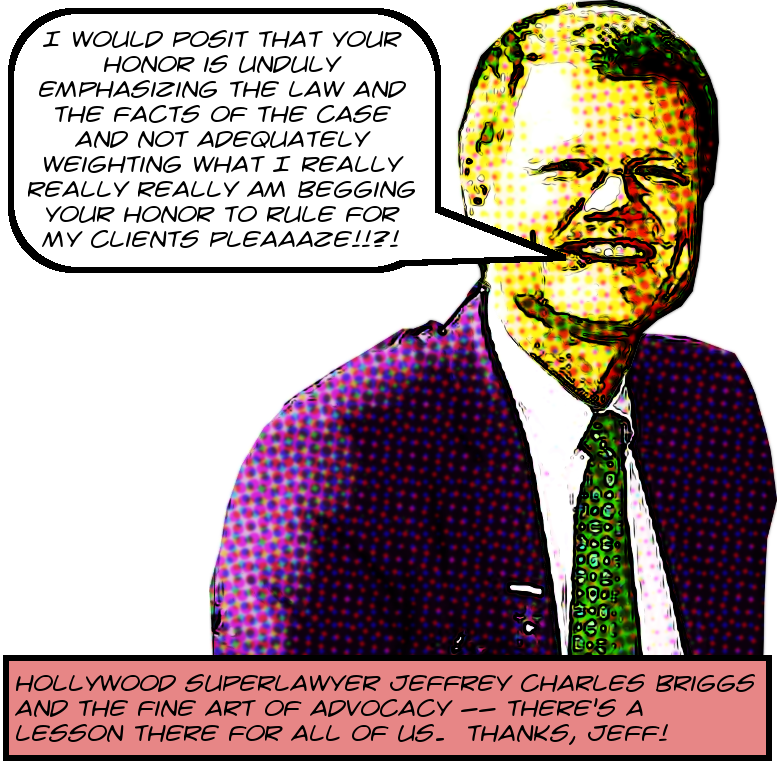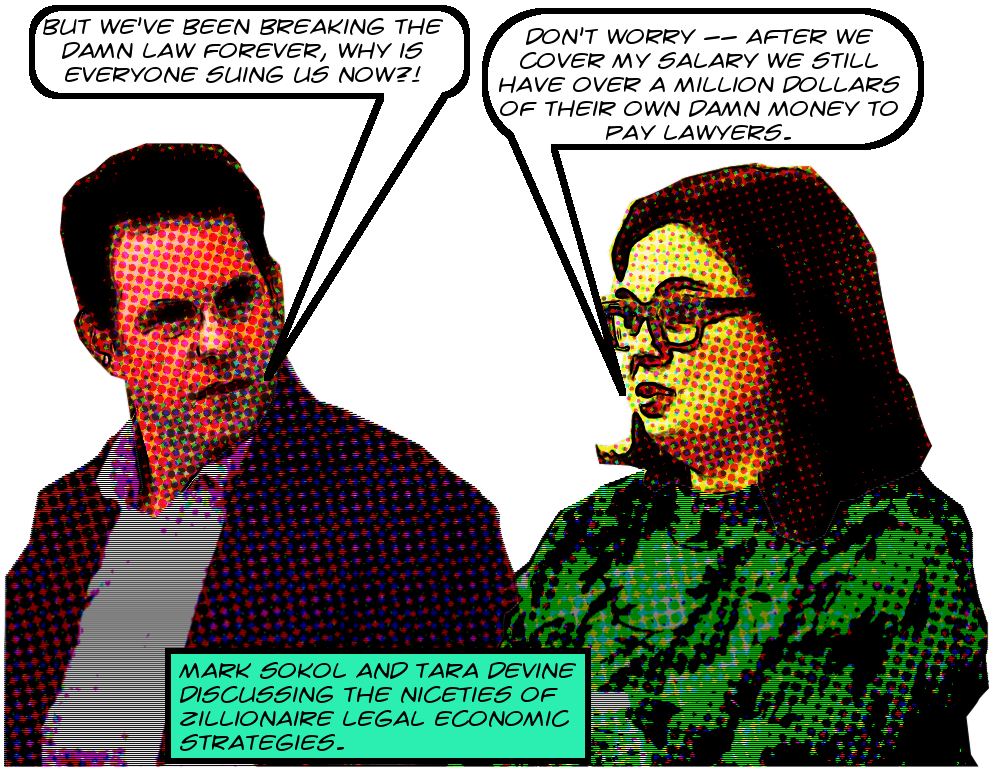The City of Los Angeles famously and frequently violates the California Public Records Act. One of the most difficult-to-counter ways in which they do this is to deny that they have responsive records at all. It’s pernicious because the only recourse for violations is to file a petition in Los Angeles County Superior Court but the statute only authorizes petitions when:
it is made to appear by verified petition … that certain public records are being improperly withheld from a member of the public.1
That is, if the City says there are no records and there’s no evidence to the contrary it’s likely a judge will believe the City’s claim and deny the petition.2 Which means it’s often useful to have evidence that responsive records exist even before requesting them. It’s also really important to duplicate requests to as many City departments as may have copies, since they all have different search methods.3
Fairly regularly one City department will say that there are no responsive records while another one will produce proof that the first was lying. For a recent and spectacular example of this phenomenon take a look at this stunningly good Twitter thread from @LANCWatch.
Sometimes even the same department will produce proof that they themselves are lying, an example of which is the subject of today’s post! On June 19, 2021 I asked LA Sanitation for some information about ride-alongs on their CARE/CARE+ homeless encampment sweeps:
Continue reading LA City Sanitation Blatantly Lied In A Response To A CPRA Request For Information About Ride-Alongs With CARE/CARE+ Encampment Sweep Teams — They Said They Didn’t Do Ride-Alongs — But I Already Knew — And Could Prove — Using Evidence Produced By LA San In Response To Another Request — That They Did Before I Made The Request — This Kind Of Dishonest Nonsense Completely Derails Requests From People Who Don’t Know That They Lie About CPRA Requests All The Time — And Is The Zillionth Reason We So Badly Need A Municipal Sunshine Law In The City Charter


